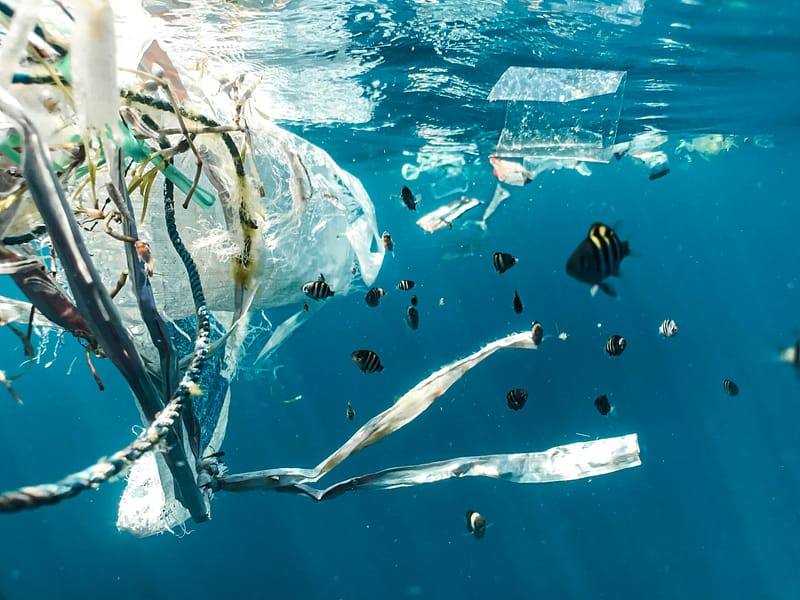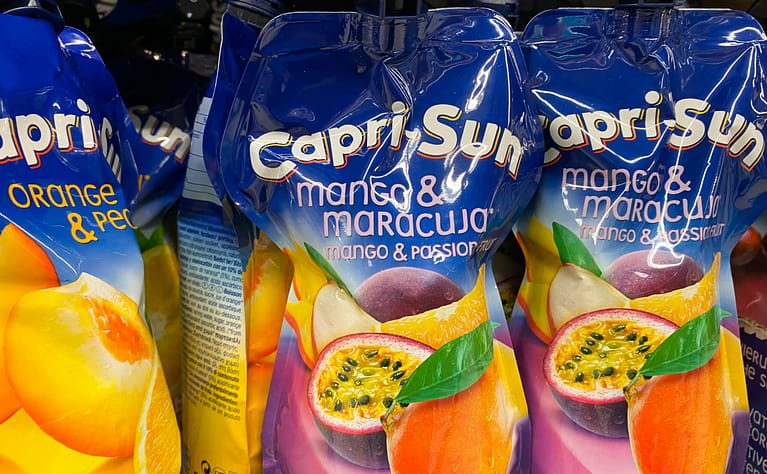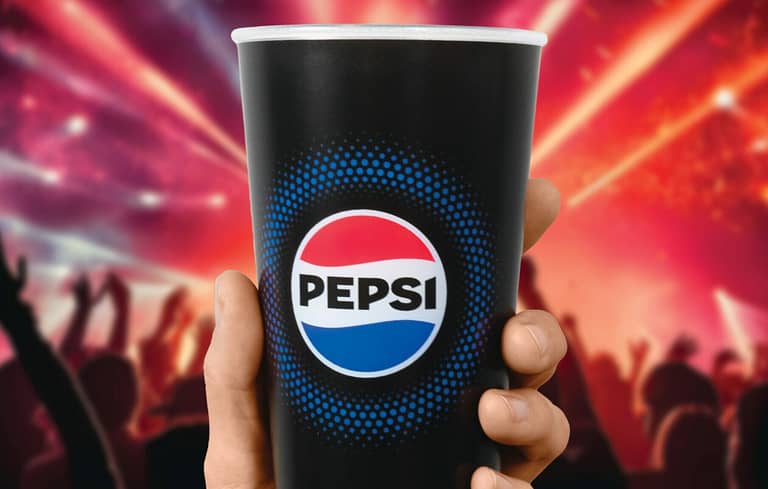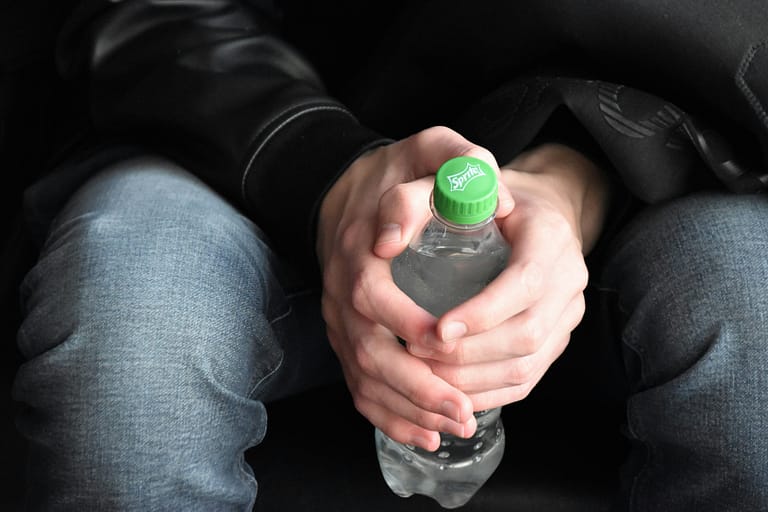Photo source: Naja Bertolt Jensen | Unsplash
New report discloses Coca-Cola and Unilever as top 3 plastic polluters
Thomas Reiner | 03.12.2021
Coca-Cola and Unilever are among the biggest global plastic polluters, according to the latest report from the Break Free From Plastic organisation. Nestlé, Mondelēz, Danone and Mars are also prominently listed. Plastic is and remains the “bad guy”. And there is no end in sight to the “plastic bashing” – on the contrary. Therefore, brands will resort to ever more radical measures to achieve their sustainability goals. Basically, it shows: the direction is right, but progress is too slow. And: recyclability alone is not enough. We need more use of recyclates and reusables.
In its annual report, the sustainability organisation Break Free From Plastic (BFFP) has listed the ten food and beverage companies whose products generate the most plastic waste. The report is based on “brand audits” for which over 11,000 volunteers in 45 countries collected and evaluated plastic waste.
Coca-Cola tops the ranking of the “biggest plastic polluters” for the fourth year in a row. It is followed by PepsiCo., Unilever, Nestlé, Mondelēz, Danone and Mars.
The sustainability dilemma
All of the top 7 plastic offenders listed in the report have developed sustainability strategies and committed to achieving corresponding targets and have taken action to this end. Unilever, for example, aims to reduce total plastic consumption by a third by 2025. Others, such as Coca-Cola and Nestlé, are testing alternative packaging or have already introduced it for parts of their portfolio.
The BFFP report details that some consumer goods manufacturers have managed to reduce their plastic consumption “modestly” in 2020. Coca-Cola and Mars, on the other hand, have seen an increase – which presumably stems from more products sold as a “bane of success”.
For Break Free From Plastic, the problem lies in the design of the companies’ sustainability promises. More precisely: there is a lack of a holistic view of plastic reduction along the entire supply chain.
Spotlight Coca-Cola
Those who follow our blog know that Coca-Cola has continuously launched sustainability initiatives in recent years. These include the switch to bottles made from 100 per cent recyclable plastic by 2025, the introduction of a PlantBottle made partly from plant-based plastic or, most recently, a first reusable-to-go project in Sweden. It is no coincidence that the beverage giant was therefore ranked as the consumer goods company with the highest transparency and recycling commitment in a report by the non-profit organisation “As You Sow” in autumn 2021.
Despite this, the company has consistently topped Break Free From Plastic’s plastic sinner rankings since 2018. According to the report, “brand audits” recorded 19,826 pieces of plastic waste from Coca-Cola products in 2021. This was more than double the number recorded in 2018 and more in total waste than the waste from PepsiCo and Unilever combined.
Plastic bashing: no end in sight
The latest BFFP report powerfully shows that plastic continues to be the big bad boy of the sustainability movement. And it shows that despite their best efforts, the big consumer goods companies continue to fight and struggle with the issue.
This is where it will remain in the long run. The issue is not going to go away; on the contrary, it will continue to gain momentum.
The solution(s)
Against this backdrop, brands will resort to ever more drastic and radical measures to achieve the sustainability goals they have set for themselves. The direction has been right for some time now. The reduction and/or substitution of plastic with other materials has gained momentum.
Nevertheless, the overall pace of change remains manageable. The industry needs to increase the speed significantly to get a grip on the problem.
Above all, the focus must not remain limited to recyclability. What we need, on the contrary, is much more use of recyclates and a strong expansion of reusable solutions. Without these measures, consumer goods manufacturers will not get a grip on their plastic problem.




